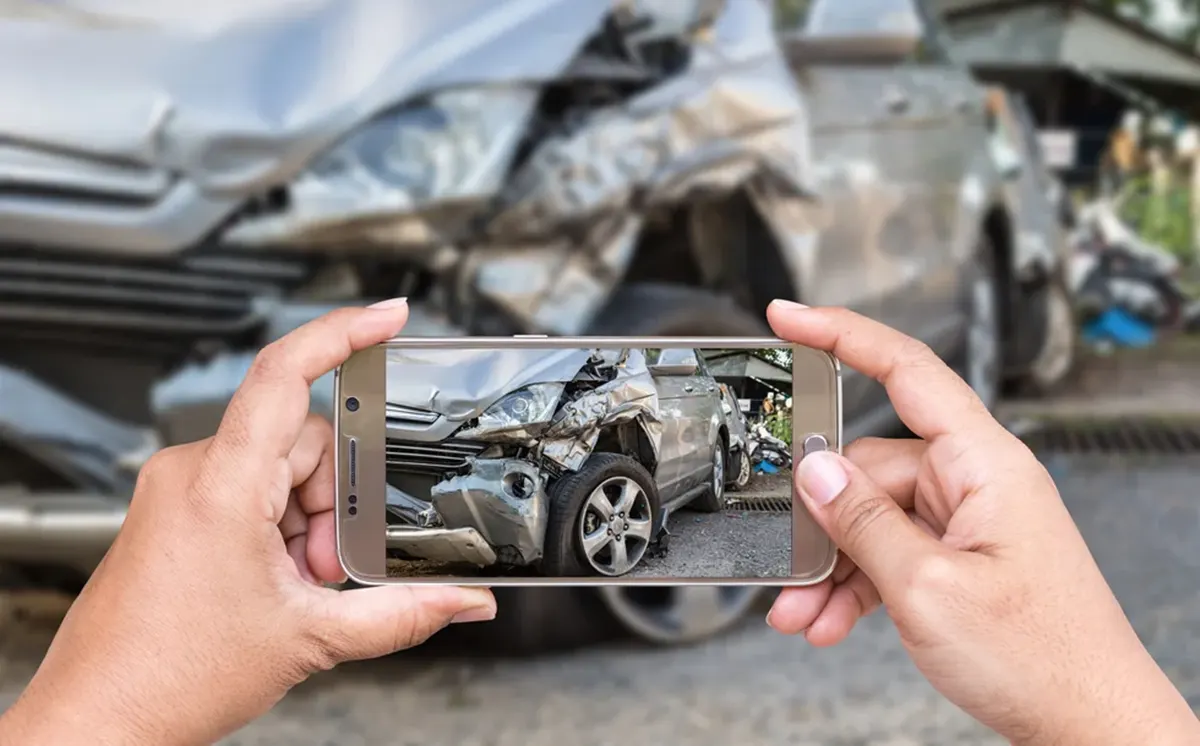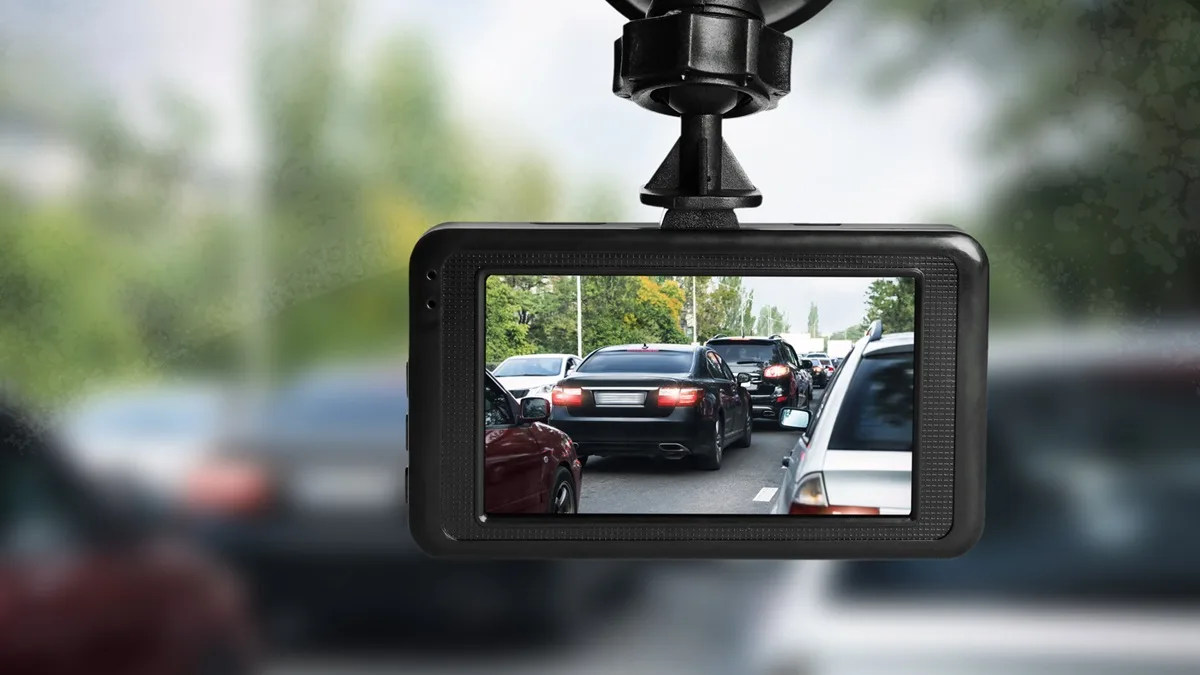Spinal cord injuries (SCIs) are some of the most catastrophic and life-altering injuries a person can endure. The aftermath of a spinal cord injury goes far beyond the physical pain — it can bring financial hardship, emotional distress, and a long road to recovery. If you or a loved one suffered a spinal cord injury in Florida due to someone else’s negligence, understanding the claims process is crucial to securing the compensation you deserve.
At Jimenez Law Firm, P.A., we help Floridians navigate the legal complexities of catastrophic injury claims with compassion and authority.
What Is a Spinal Cord Injury?
A spinal cord injury occurs when there is damage to any part of the spinal cord or the nerves at the end of the spinal canal. These injuries can result in permanent changes in strength, sensation, and other body functions below the site of the injury. Common causes include motor vehicle accidents, falls, acts of violence, and sports injuries.
There are two main categories:
- Complete SCI: No sensation or motor function below the level of injury.
- Incomplete SCI: Some sensory or motor function remains.
Common Causes of SCIs in Florida
In Florida, motor vehicle accidents are one of the leading causes of spinal cord injuries. Other frequent causes include:
- Slip and fall accidents in public or private properties
- Workplace accidents, particularly in construction
- Truck and delivery vehicle accidents
- Acts of violence (gunshots, assaults)
In rear-end accidents, for example, the impact can cause serious trauma to the spine. You can read more about these kinds of incidents in our guide on rear-end collisions.
Florida Law on Personal Injury and Spinal Cord Claims
Florida is a no-fault state, meaning your own insurance generally covers minor injuries under Personal Injury Protection (PIP). However, spinal cord injuries almost always exceed PIP limits and meet the state’s serious injury threshold — allowing victims to file a personal injury lawsuit against the at-fault party.
More information about this can be found in our detailed overview of Florida’s no-fault insurance system.
Steps to Take After a Spinal Cord Injury
- Seek Immediate Medical Care – This is critical for your health and your claim.
- Document the Incident – Take photos, get witness statements, and obtain the police report.
- Avoid Giving Statements – Do not speak to insurance companies without legal representation.
- Contact a Personal Injury Attorney – Specialized legal guidance can make or break your case.
Want to learn more about what happens in those chaotic moments right after an accident? Check out our blog on what to expect after a collision.
Proving Liability in SCI Claims
To file a successful SCI claim, you must prove that the other party was negligent and directly caused your injury. This involves collecting evidence such as:
- Accident reports
- Surveillance footage
- Medical records and expert evaluations
- Eyewitness testimony
In complex cases like rideshare accidents, liability can be challenging to prove — especially if multiple parties or insurance carriers are involved.
Damages You Can Recover
Compensation in spinal cord injury cases can be significant due to the long-term care these injuries often require. Recoverable damages may include:
- Medical expenses (past, current, and future)
- Rehabilitation and therapy costs
- Lost wages and reduced earning capacity
- Pain and suffering
- Emotional distress
- Modifications to home or vehicle
In the most severe cases, SCI victims may need lifelong care. According to a CDC-supported study on the cost of spinal cord injuries, the average lifetime cost for a 25-year-old with a high tetraplegia injury can exceed $4.7 million.
Why Legal Representation Is Crucial
Given the complexity and high stakes of spinal cord injury cases, working with a knowledgeable attorney is essential. An experienced lawyer will:
- Evaluate your claim thoroughly
- Handle negotiations with insurance companies
- Build a strong case with medical and legal evidence
- Represent you in court if necessary
Our catastrophic injury attorneys at Jimenez Law Firm have extensive experience with spinal cord injury claims. We’ve represented clients injured in everything from slip and fall accidents to serious truck collisions across Florida.
Filing Deadlines and Statute of Limitations
In Florida, you typically have two years from the date of the accident to file a personal injury lawsuit for a spinal cord injury. Missing this deadline can bar you from recovering compensation. If the injury resulted from a government entity’s negligence, shorter timelines and additional notice requirements may apply.
Spinal cord injuries can derail your life in a second — but the right legal approach can help you reclaim control. Whether you were hurt in a car accident, a slip and fall, or due to someone else’s negligence, you don’t have to navigate the complex claims process alone.
Let Jimenez Law Firm, P.A. fight for the justice and compensation you deserve.
Need Help With a Spinal Cord Injury Claim in Florida?
Visit us at: 9430 W Lake Mead Blvd Suite 7, Las Vegas, NV 89134
Call: (904) 559-5600
Website: www.jimenez-lawfirm.com
FAQs
1. How much is a spinal cord injury case worth in Florida?
The value depends on the severity of the injury, ongoing care costs, lost income, and other damages. Many SCI cases settle in the six to seven-figure range.
2. Who can be held liable for a spinal cord injury?
Liability can fall on drivers, property owners, employers, or product manufacturers depending on the cause.
3. Do spinal cord injury claims go to trial?
Most claims settle out of court, but your attorney should be prepared to go to trial if a fair settlement isn’t reached.
4. Can I file a claim if I was partially at fault?
Yes. Florida follows a modified comparative fault rule. You may still recover compensation if you are less than 50% at fault.
5. What role do medical experts play in SCI cases?
Medical experts help establish the severity of the injury, long-term prognosis, and the cost of ongoing care.
6. How long do I have to file a spinal cord injury lawsuit in Florida?
Typically, you have two years. Act quickly to avoid missing deadlines.
7. Are spinal cord injuries considered catastrophic?
Yes. They fall under catastrophic injury claims due to the lasting impact on quality of life and ability to work.



